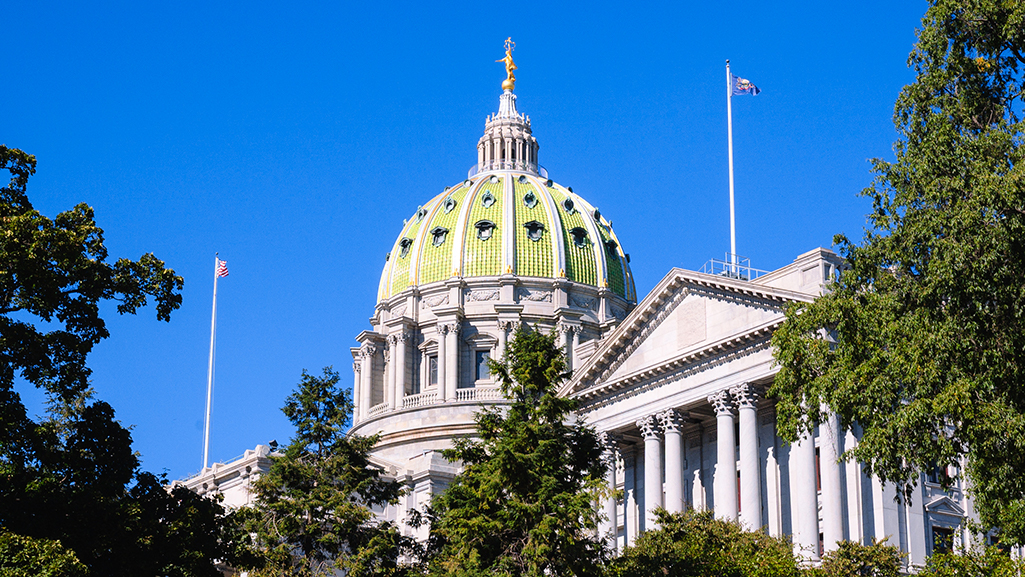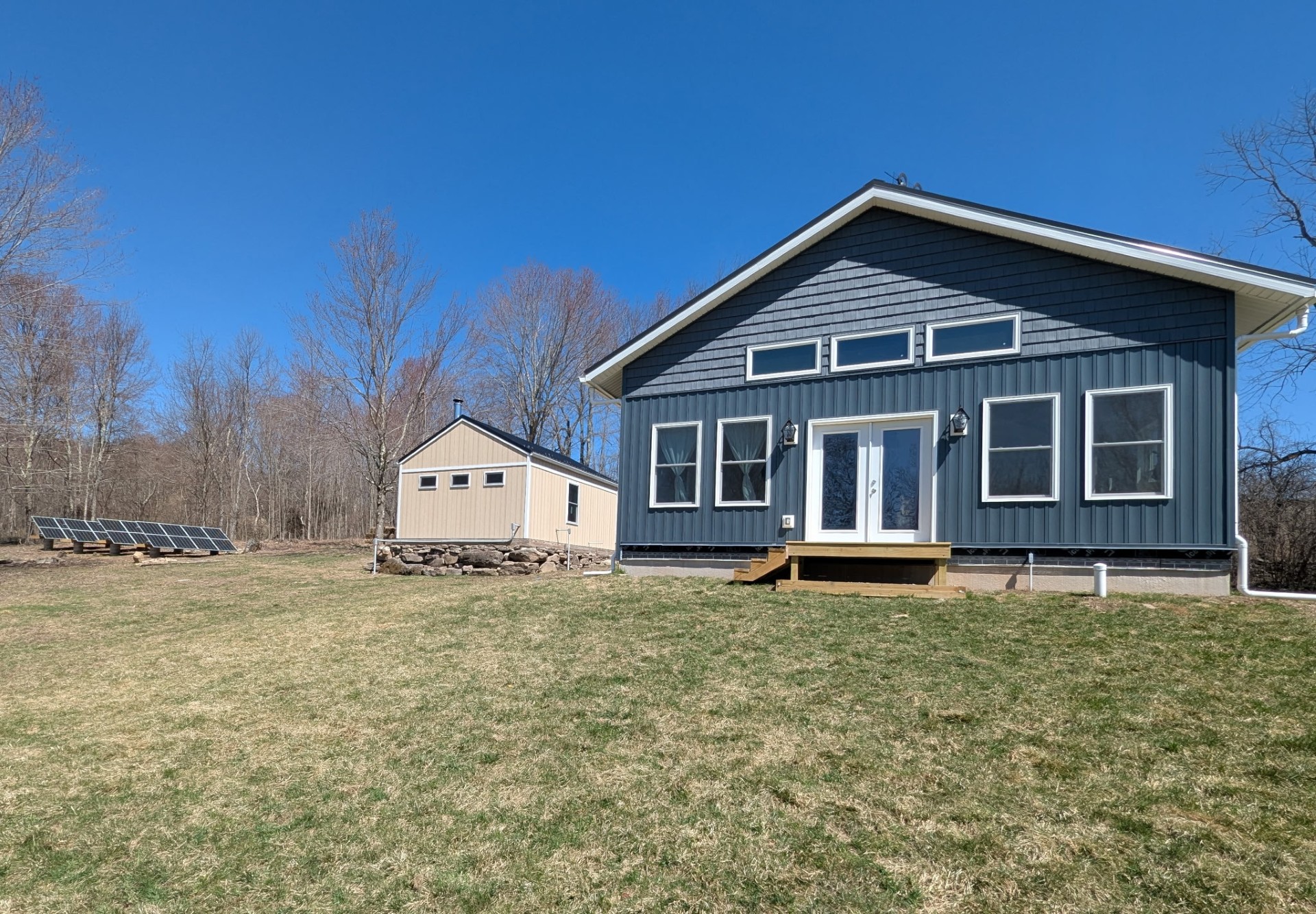
Legislation creating the framework for distribution of $570 million in rental assistance funding was signed into law Friday. The additional funding for Pennsylvania property owners and renters was provided in the second federal stimulus bill approved by Congress in late December.
The Pennsylvania Association of Realtors® strongly supports the additional rental and utility assistance and had been advocating for passage of the framework to distribute the funding.
Senate Bill 109 (Pittman, R-Indiana) unanimously passed both the Pennsylvania Senate and House and the governor signed the legislation into law as Act 1 of 2021.
The approved legislation establishes the Pennsylvania Department of Human Services as the administering agency and will be responsible for distributing funds to Pennsylvania counties. Those counties and cities with a minimum population of 200,000 will also receive funding directly from the U.S. Treasury – 18 counties and cities in total.
Pennsylvania counties will be distributing the funding following the program rules established in the federal legislation. PAR will continue to provide additional information to members as program details are finalized.
Earlier this week, Gov. Tom Wolf also presented his 2021-2022 fiscal year budget proposal to the General Assembly. Some key highlights of the administration’s $37.8 billion proposal include:
- $1.3 billion increase in basic education funding, including directing all state funding through the fair funding formula approved in 2016.
- $200 million increase in special education funding and increased funding for Pre-K and Head Start programs.
- Personal income tax rate increase from 3.07% to 4.49% with an expansion of the special tax forgiveness credit.
- Reduction in corporate net income tax from 9.99% to 9.49% on Jan. 1, 2022 and a continued incremental reduction yearly to 6.49%, as well as closure of the Delaware Loophole.
- Minimum wage increase to $12 per hour.
- Workforce development and public infrastructure investments.
- Severance tax on natural gas extraction.
- Legalization of recreational marijuana.
- Government and election reform.
In the proposal, the administration noted a continued goal to improve the professional licensing process in Pennsylvania. Last session, several bipartisan bills were signed into law relating to professional licensing, including removing onerous barriers for qualified individuals entering professions and streamlining processes for military spouses moving to Pennsylvania. These laws apply broadly to all licensing boards in Pennsylvania.
The General Assembly will now recess for budget hearings conducted by the Senate and House Appropriation Committees. Ultimately, the Pennsylvania House of Representatives is charged with drafting the yearly budget legislation, and the House, Senate and administration must agree on the plan and approve the budget by June 30, 2021.
Topics
Member Discussion
Recent Articles
-
Unique Homes: A Realtor® Living Off the Grid
- May 16, 2025
- 5 min. read
District 3 Vice President Dayna Gray shares more about her newly built off-grid home, including the building process and her temporary residence in a “shabin.”
-
Survey Reveals First-Time Homebuyer Hindsight
- May 15, 2025
- 3 min. read
The survey found that most first-time buyers did not regret their purchase, but they did underestimate the hidden costs of homeownership.
-
1 in 3 Americans Rent Self Storage
- May 14, 2025
- 2 min. read
With space shortages growing and demand expanding, 33% of Americans use self storage, and 18% plan to rent a unit in the future, according to a survey of nearly 3,000 conducted by StorageCafe.
Daily Emails
You’ll be the first to know about real estate trends and various legal happenings. Stay up-to-date by subscribing to JustListed.



